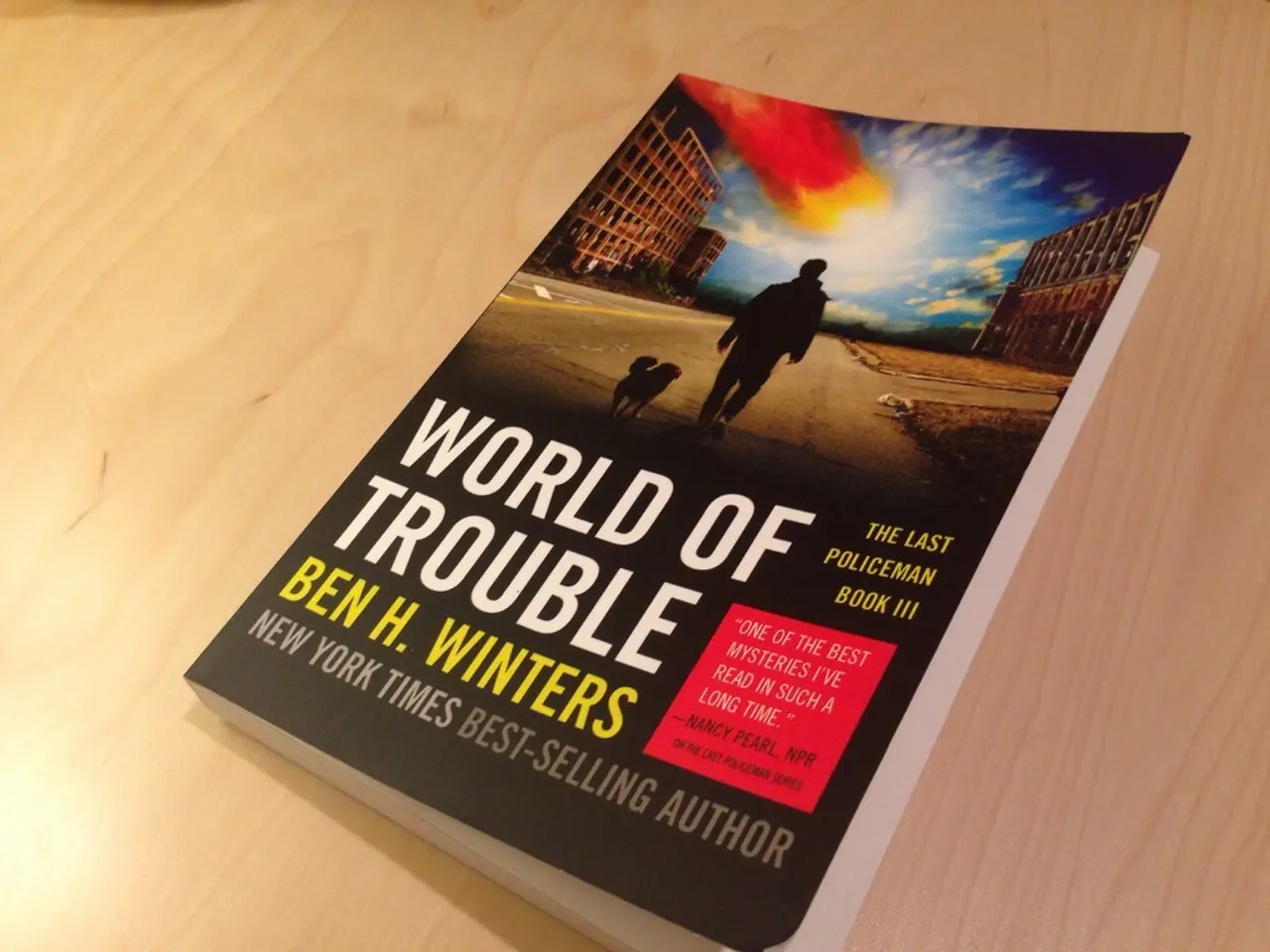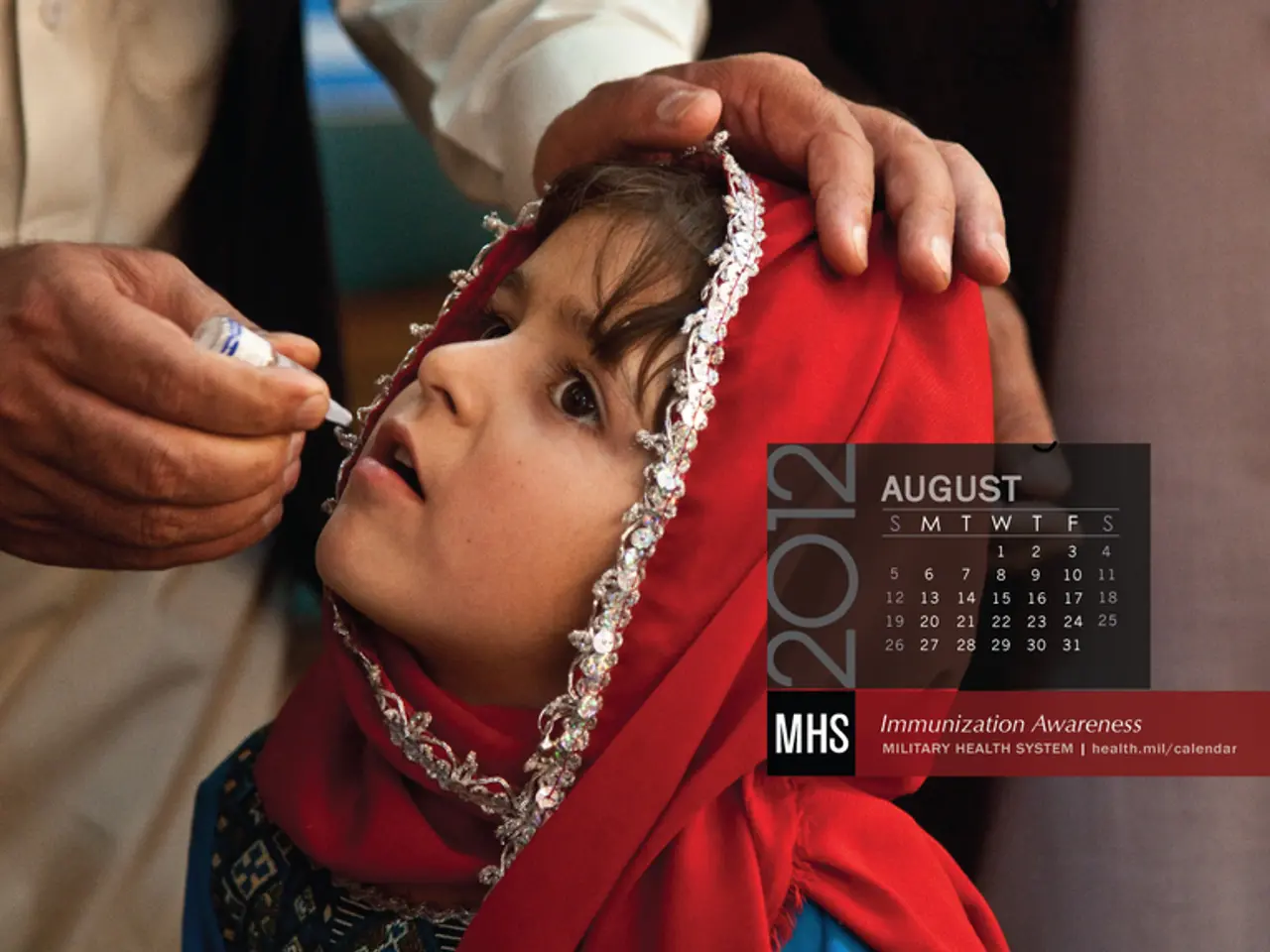Sudanese City Facing Food Crisis: Suggestions for Alleviation
In the heart of North Darfur, El Fasher, the capital city, remains under siege, trapping approximately 300,000 people in a humanitarian crisis. The city has been under siege by the Rapid Support Forces (RSF) militia since April 2024, with the conflict between the RSF and the Sudanese government-aligned forces intensifying significantly.
The RSF, led by Mohamed Hamdan Dagalo (Hemedti), and the Sudanese Armed Forces (SAF), led by Abdel-Fattah Burhan, have been locked in a bitter conflict since early 2023. The ongoing civil war has displaced around 12 million people, with around 150,000 reported deaths.
The RSF's blockade of El Fasher and its surroundings has cut off access to food, water, and medical aid, leading to severe starvation and widespread malnutrition among the population. The RSF has launched repeated assaults on El Fasher, aiming to dislodge government forces, resulting in significant casualties on both sides and damage to civilian infrastructure, including hospitals.
The UN and humanitarian agencies have called for safe and unhindered humanitarian access to deliver food, water, and medical supplies. They have also urged for immediate humanitarian pauses or ceasefires to allow aid delivery and for the protection of civilians and civilian infrastructure under international humanitarian law.
The World Food Programme (WFP) has provided digital cash support for about a quarter-million people to purchase food, but this assistance is far from sufficient given the scale of the need. Despite these appeals, exit routes remain blocked, and aid deliveries have been severely limited by ongoing hostilities.
The WFP's Kinzli has urged the international community to provide more funding for aid in Sudan and to increase attention and engagement with Sudan to help bring an end to the conflict and ensure unfettered humanitarian access. Kinzli also emphasised that the flow of aid in Sudan needs to be larger than the flow of weapons.
Recently, the RSF set up their own civilian government, effectively splitting Sudan in two. The SAF leader Burhan agreed to a weeklong ceasefire requested by UN Secretary-General Antonio Guterres, but the RSF has yet to consent.
Heavy fighting is ongoing in other parts of Sudan, with the conflict described as a "strategic stalemate." Aid agencies estimate that around 25 million people face acute hunger in Sudan. The UN regularly calls what is happening in Sudan the world's largest humanitarian crisis.
The story was amended on August 8, 2025, to correct geographical errors about El Fasher's location in the northwestern state of North Darfur. The WFP has not been able to deliver food assistance to El Fasher by road for over a year due to blocked roads.
As the international community grapples with the complexities of the Sudan crisis, it is crucial to prioritise humanitarian aid and diplomatic efforts to bring an end to the conflict and alleviate the suffering of the Sudanese people.
- The United Nations and various humanitarian agencies, in response to the humanitarian crisis in El Fasher, North Darfur, have been urging the international community to prioritize diplomatic efforts and provide humanitarian aid to alleviate the suffering of the affected population.
- The ongoing conflict between the RSF and Sudanese government-aligned forces, particularly in El Fasher, has resulted in a significant cutoff of access to food, water, and medical aid, leading to severe starvation and malnutrition among the trapped population.
- In an effort to ensure unfettered humanitarian access, the UN and humanitarian organizations have called for safe and unhindered access to deliver food, water, and medical supplies, as well as for immediate humanitarian pauses or ceasefires to protect civilians and civilian infrastructure.
- The World Food Programme (WFP) has already provided digital cash support to around a quarter-million people for food purchases, but this aid falls short of meeting the enormous needs caused by the ongoing civil war.
- In an attempt to address the crisis, the UN Secretary-General Antonio Guterres has requested a weeklong ceasefire from the Sudanese Armed Forces' leader Abdel-Fattah Burhan, yet the Rapid Support Forces (RSF) have yet to approve the pause in hostilities, keeping exit routes blocked and severely limiting aid deliveries.




